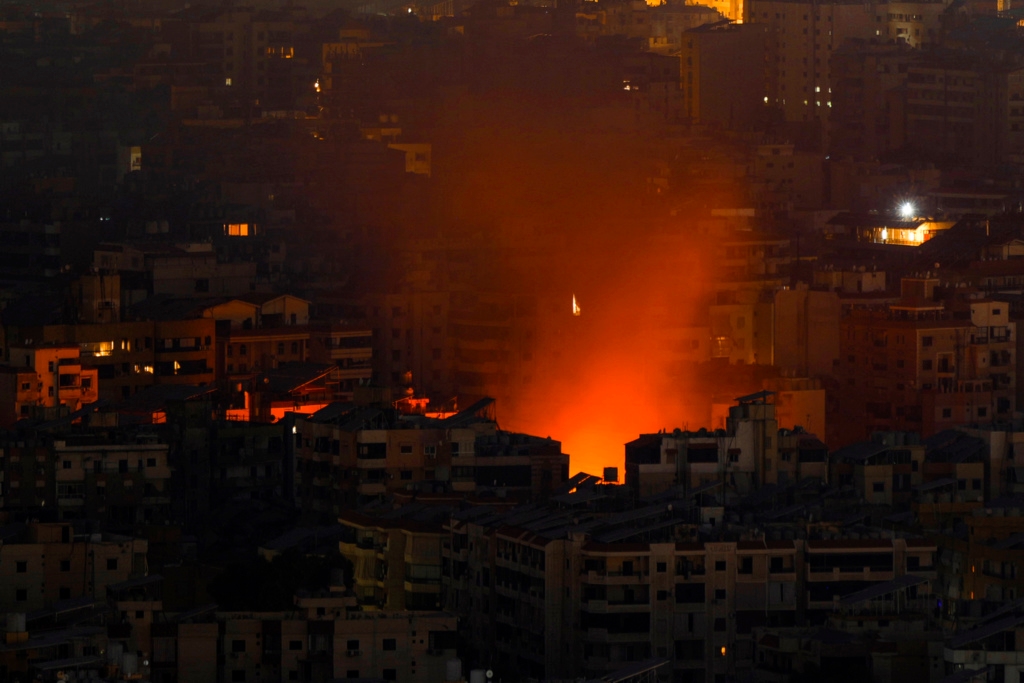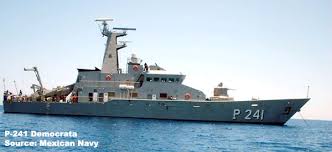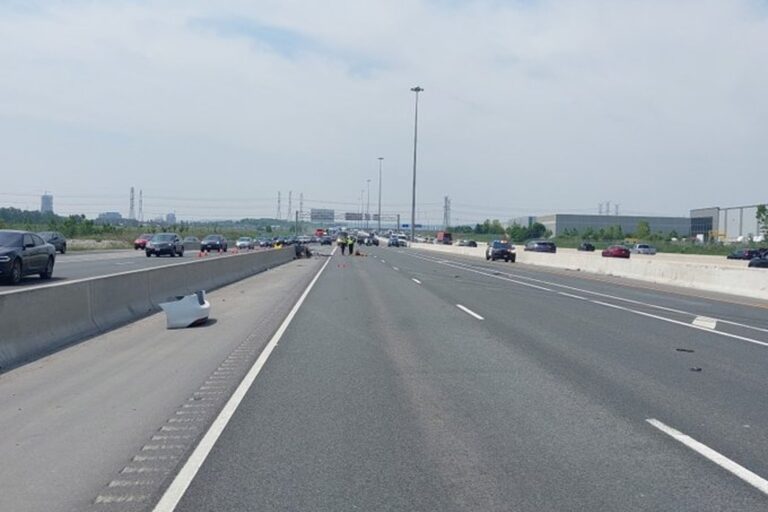
Introduction
Lebanon, a small country nestled on the eastern shores of the Mediterranean, has been a focal point of geopolitical tension in recent years. The importance of Lebanon extends beyond its borders, as it serves as a historical crossroad of cultures, religions, and civilizations. Currently, Lebanon is facing multifaceted crises that impact not just its citizens, but also pose broader implications for the region’s stability and security.
Current Challenges
In 2023, Lebanon has continued to grapple with an economic crisis that has plunged the nation into poverty. According to the World Bank, about three-quarters of the population now lives below the poverty line, and inflation rates have soared, significantly impacting the affordability of essential goods. The Lebanese pound has lost over 90% of its value against the US dollar, leading to significant shortages in basic necessities such as electricity, medicine, and food.
Political instability has also been a central issue, with the country lacking a functioning government for extended periods due to deeply entrenched sectarian divisions. The recent protests have highlighted the people’s dissatisfaction with the political elite and their demands for a transparent, effective governance system. A major turning point occurred with the resignation of the Prime Minister earlier this year, further complicating the country’s already precarious political landscape.
Humanitarian Response and Resilience
Despite these hardships, the resilience of the Lebanese people shines through. Various non-governmental organizations (NGOs), local charities, and international aid agencies continue to provide crucial support for those in need. Initiatives focusing on food security, mental health support, and education for children adversely affected by the crisis are being implemented to help mitigate the impact of the economic downturn.
Furthermore, Lebanon’s cultural richness plays a vital role in uniting communities amid adversity. Art, music, and literature serve as mediums through which many express their concerns, hopes, and frustrations, fostering a sense of shared identity and purpose.
Conclusion
The situation in Lebanon underscores a complex interplay of economic, political, and social challenges. As the nation continues to navigate these unprecedented crises, the resilience of its citizens will play a crucial role in shaping its future. Experts predict that without significant reforms and international support, the humanitarian situation could worsen. Understanding Lebanon’s plight is essential for fostering empathy and support from the global community, which, in turn, could help steer the country towards recovery and stability in the years to come.






